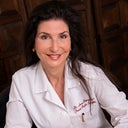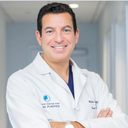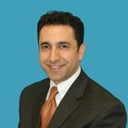Dear Jonathan, Your question is a very valid one. I agree with the answers below. It seems that you are in or near Boston, so you have the advantage of having some of the best teaching hospitals in the world, which only accept the top applicants. Nevertheless, surgical experience is surgical experience. Having trained at Massachussets Eye and Ear Infrimary myself, I can report that the professors only let a resident operate if he or she has demonstrated competence and skill at a given level and then increase the level of difficulty for them accordingly. Typically, in general a resident will not be performing a rhinoplasty and that procedure is left for the Fellows who have 5 prior years of similar specialty training. (You can delay an elective procedure towards the end of the academic year e.g. April May June when the residents /fellows have gained more surgical experience rather than in July where they are fresh on the team.) A Rhinoplsty is not only a surgery, it is also an ART and it needs a lot of attention to detail and experience to know what maneuvers will produce what results. It is also important for the new nose to match the person's persona - their face, their body build, their ethnicity, their character. An excellent communication tool that we use in our office pre-op to ascertain these details together with our patient, is computer imaging where you could try different aspects of noses on the face in multiple views to determine together which is the best one and also delineate which is a surgically feasible one. If you are not feeling the trust and comfort level you would like to feel (regarding who will do the surgery) at your teaching hospital another option is that you seek a Facial Plastic surgeon in private practice based on his/her results and reputation and there you are guaranteed that they will do the surgery !Best of luck in your endeavors !Kind Regards, Dr. Anna Petropoulos



